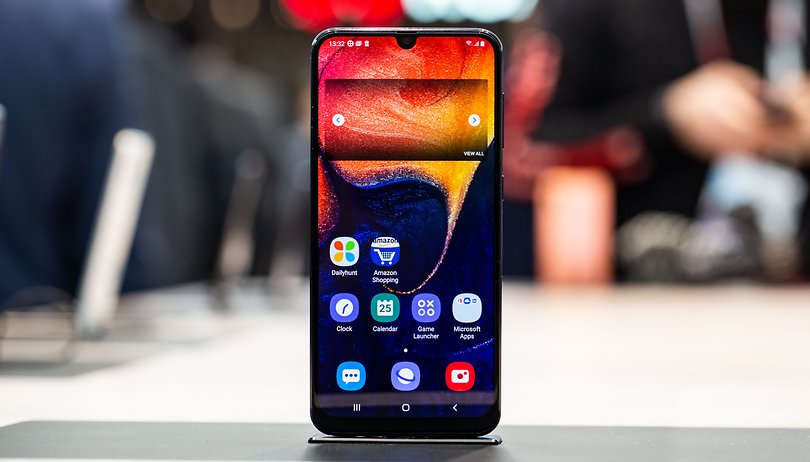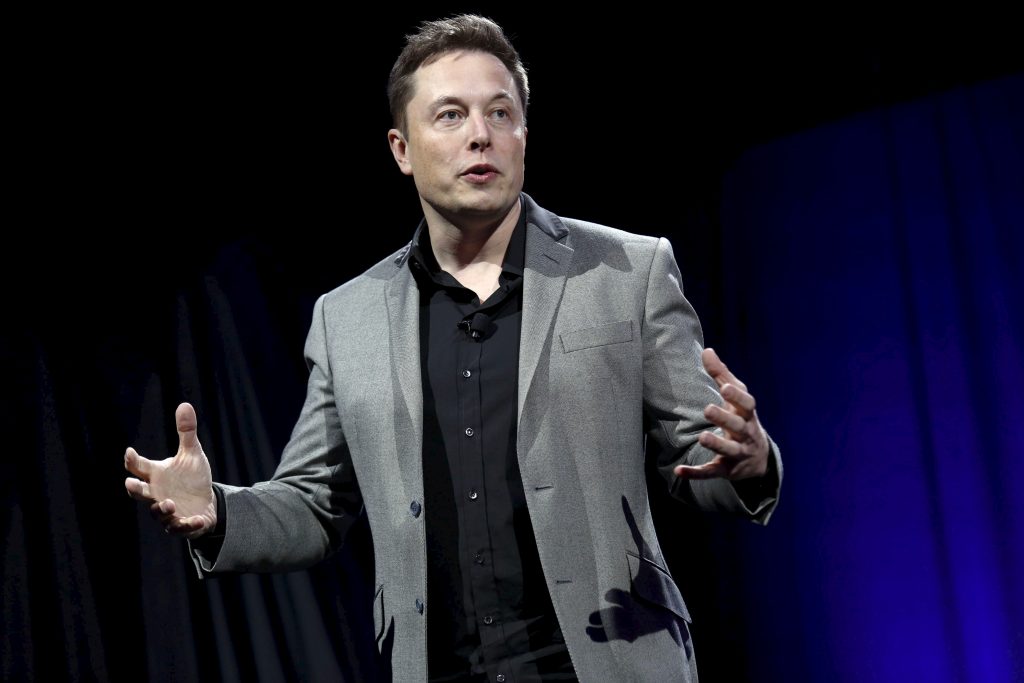Hello there. Welcome to the end of another fantastic week in the world of tech.
One of the biggest tech news from the week was Flutterwave’s recent valuation, which is undeniably huge. We have curated some other events on the global front that happened this week. Have fun!
Google moves towards Apple’s model, plans to make Android more private
Following Apple’s similar move last year that upended some companies’ advertising methods, Google unveiled new privacy limitations that will limit monitoring across applications on its Android smartphones.


Google has said that it is working on new privacy-focused alternatives to its advertising ID, which is a unique string of characters that identify the user’s device. Ad-tech businesses frequently use digital IDs on cellphones to track and exchange information about customers.
The changes may have an impact on large corporations that rely on user monitoring across applications, such as Meta. Meta was particularly hard hit by Apple’s changes.
According to Meta, Apple’s privacy reforms will reduce the social networking company’s sales by nearly $10 billion this year.
That announcement contributed to the company’s market valuation plummeting by $232 billion in a single day, finally falling below $600 billion. Meta had a market capitalisation of over $1 trillion in June 2021.
Despite its opposition to Apple’s reforms, Meta has expressed support for Google’s proposed privacy enhancements. Google has stated that it will continue to maintain existing IDs for the next two years, giving other firms time to make modifications.
Elon Musk’s brain chip firm denies animal cruelty claims
Neuralink, the company founded by Tesla CEO Elon Musk to build a gadget that connects human brains to computers, has refuted the animal cruelty charges against it, according to reports.


This was after a complaint was filed against it last week with the US Department of Agriculture alleging that macaque monkeys employed to test the technology were being treated cruelly.
However, Neuralink, in a blog post, said that it works with animals in the “most compassionate and ethical manner imaginable.” Human trials of the gadget are expected to begin later this year, according to the company.
Musk, who co-founded Neuralink in 2016, claims that the technology would “allow someone with paralysis to operate a smartphone with their thoughts faster than someone using their thumbs.”
In its reaction to recent criticism, Neuralink stated that its core aim is to develop an animal care program that prioritises the requirements of the animals, rather than the conventional strategy of constructing for human convenience alone.
The company has said that the usage of each animal was meticulously planned and studied in order to strike a balance between scientific discovery and ethical animal use.
The chip will be a fully implanted, wireless, high-channel count “brain-machine interface” that would allow patients with paralysis to control computers and mobile devices directly using their neurological activity.
Amazon reaches an agreement with Visa over credit card payments disagreement.
Amazon has agreed to accept Visa Inc. cards throughout its global network, ending a battle that threatened to harm the banking behemoth’s operations and disrupt e-commerce transactions, according to reports.


The accord, which was disclosed by both firms, settles a disagreement that had prompted Amazon to contemplate banning Visa credit cards issued in the United Kingdom.
Users who made payments on Amazon in Singapore or Australia had to pay a premium if they used a Visa credit card. However, customers will no longer be charged an additional cost, and Visa credit cards will not be disabled on Amazon.co.uk.
This agreement became effective on Thursday, February 17, 2021, when the Visa fee on Amazon’s Singapore and Australia websites officially commenced.
“We just established a global agreement with Visa that allows all customers to use their Visa credit cards in our locations,” Amazon added.
“This agreement includes Visa’s acceptance across all Amazon shops and sites today, as well as a shared commitment to collaborate on new product and technology initiatives in the future to ensure innovative payment experiences for our consumers,” Visa stated.
China introduces new companies to ramp up its metaverse development project
According to reports, China is stepping up its efforts to stamp its mark on the development of the online virtual world known as the metaverse by hiring more enterprises to work on relevant technology and industry initiatives.


The metaverse industry committee of the China Mobile Communication Association has added 17 new businesses to its roaster, three of which are publicly traded in local markets, citing a notification on the committee’s website.
The move brings the total number of firms and individuals on the committee to 112, as Beijing presses ahead with the current technological trend.
The committee, which is led by China Mobile, was established in 2021 with the goal of developing standards and debating technological initiatives for the emerging sector.
The committee is one of the projects involving state-backed organisations and local politicians in China seeking interests in metaverse enterprises. According to the article released on Wednesday, a Beijing district created a fund last month to help financially support metaverse start-ups and research.
Huawei Technologies of China and Meta Platforms, the parent company of Facebook, are among the biggest IT corporations investing in metaverse operations.
According to analysts, the metaverse will have major growth potential, with Goldman Sachs forecasting an $8 trillion industry.
That’s all for this week, have a fantastic weekend ahead.






